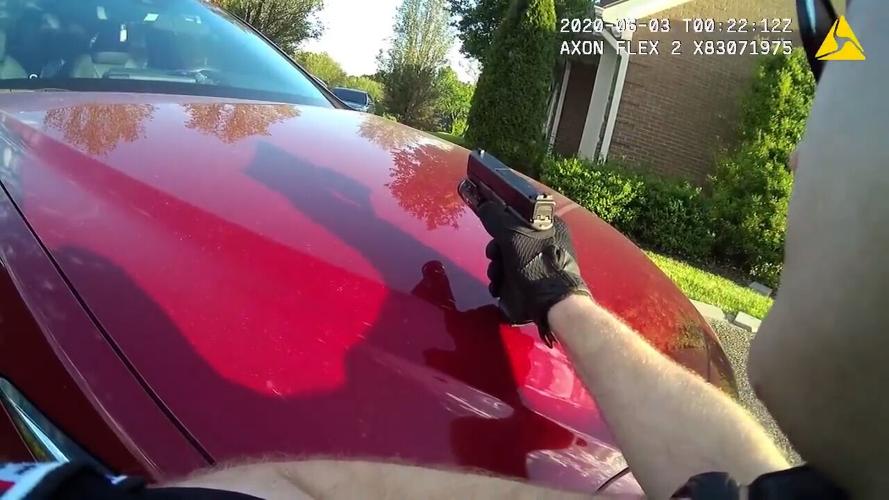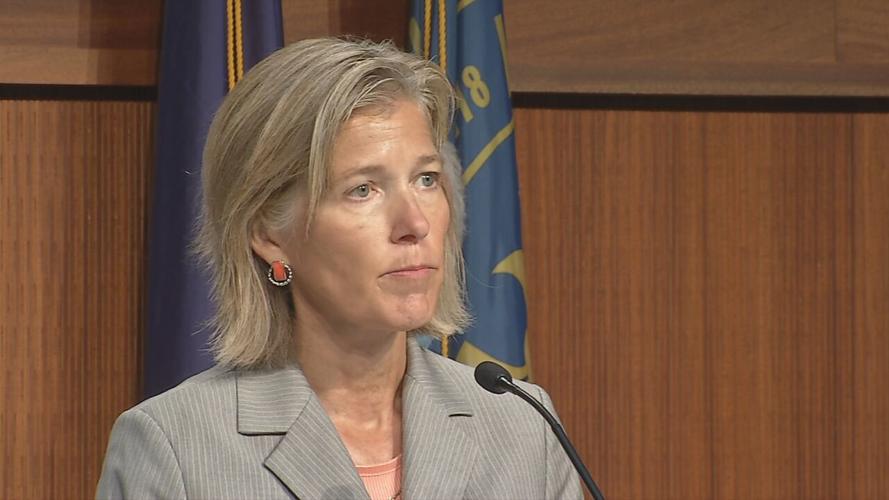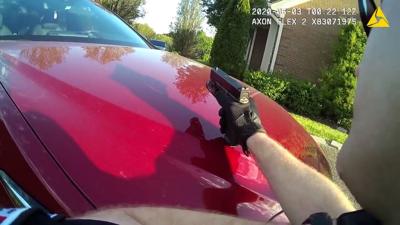LOUISVILLE, Ky. (WDRB) -- As two Louisville Metro Police officers gripped their guns — one a long gun and the other a pistol — the anxiety in their voices was palpable.
Last year, on the evening of June 2, they crouched behind a car in the driveway of an east Louisville home and tried to strike up conversation with a man LMPD says called 911 to report he was in distress.
"Hey, we know you're having a hard time, man," one officer told him. "We're just here to talk."
Moments later, one of the officers opened fire on the man, who a report says had "brandished a revolver" at the officers. Afterward, acting Chief Robert Schroeder said the man had a "history with crisis." He survived the shooting, and as part of his sentence, court records suggest he was assigned mental health treatment.
"The officers did, I think, the right thing in defending themselves and the public," said Councilman Anthony Piagentini, R-19, who represents the portion of east Louisville where the officer-involved shooting happened.
However, Piagentini wonders if a similar scenario could be avoided in the future using a new solution.
"I hope so," he said. "I hope so."
Thursday, the Metro Council Committee on Equity and Inclusion voted to spend $231,056 toward that possible solution.
Over the next few months, Dr. Susan Buchino with the University of Louisville and others will help the city study better ways it can respond to certain 911 calls that involve drug addiction or mental illness. Buchino says, in those scenarios, an officer's handcuffs or gun isn't always the best tool, and a mental health professional or social worker might get better results.
"It's a paradigm shift in community safety," said Buchino, with UofL's Health Promotion & Behavioral Sciences department. "The police work hard, and they are called often to be people that they're not trained to be."
A model that works best for Louisville will be drawn up by the end of the current fiscal year in late June.
"And then pilot that model in certain divisions — certain parts of the city," said Louisville's Chief of Public Safety Amy Hess.

Amy Hess, Louisville's chief of public safety
Hess says there are still questions that need answers first: Should the social workers or mental health professionals respond with the police (a model called co-responders) or, if they're alone (a model called diversion), how would they stay safe?
"Clearly, protections have to be in place," she said.
However, Hess is hopeful those answers will come and the pilot program will prove a new way to do business during some 911 calls.
Metro Council is set to give the contract with UofL a final vote next week.
Read more about the plan and contract council is considering at this link.
Copyright 2021 WDRB Media. All Rights Reserved.













